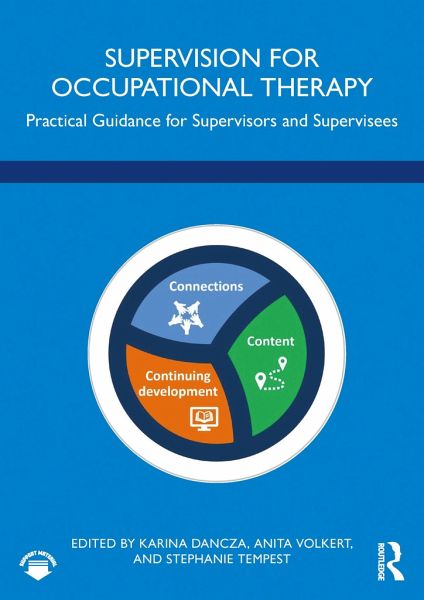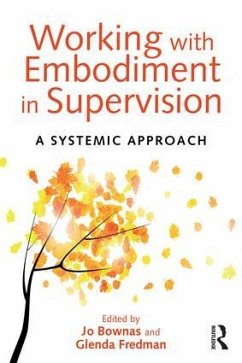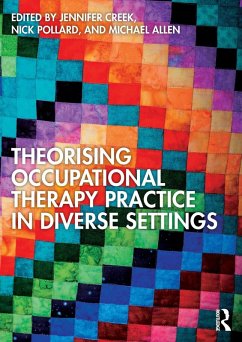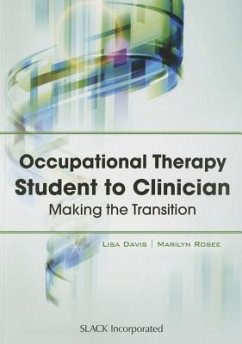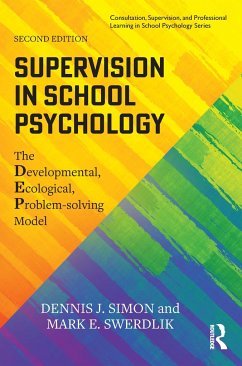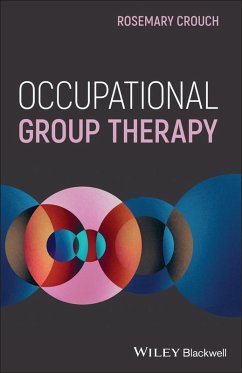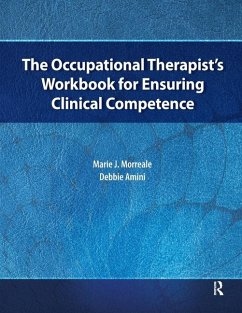Karina Dancza (she/her/hers) is an occupational therapy educator who has worked in practice with children and young people, in policy and academic roles. Karina is passionate about translating knowledge for practical application and the education of current and future professionals. She has worked extensively in her various roles to support workforce development through education, continuing professional development, and, of course, supervision. Australian-born, her postgraduate working life so far has consisted of stints in Australia, England, Wales, and Singapore. These changes are intentional, as connecting with different people and viewpoints is what makes life so interesting. Anita Volkert (she/her/hers) is an occupational therapy educator. Having worked in clinical practice, management, professional facilitation, and development, policy and education roles, Anita is interested in workforce development and support. She has spent many years supervising and mentoring others, and being supervised, mentored, and occasionally coached. Anita is particularly interested in exploring ways to ensure that future occupational therapists and health professionals can sustain long, exciting, and rewarding careers in the dynamic and changing health and social care environment - and supervision is one of those ways. Stephanie Tempest (she/her/hers) is an occupational therapist. Her other work roles include health professional, supervisor, coachee, strategic leader, author, critical friend, and business owner. Of equal, if not greater, importance are the meaningful occupations associated with roles including, but not limited to, being a mum, partner, friend, daughter, sister, colleague, and puppy-owner. Stephanie continues to seek opportunities to actively learn about the impact that her dominant and marginalised identities have on her ability to engage in supervision and personal/professional development, appreciating that we are all work in progress.
